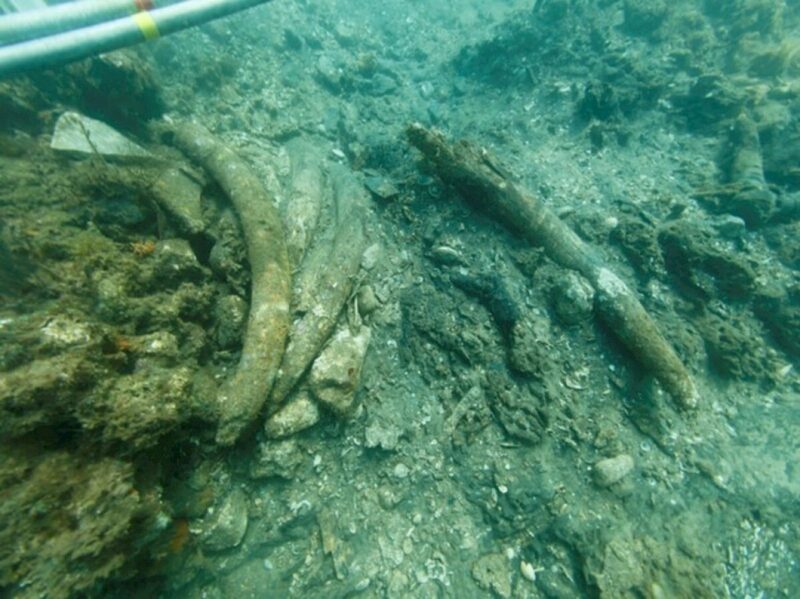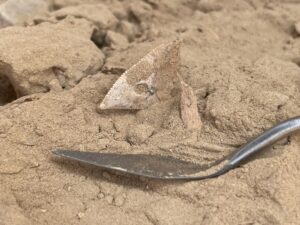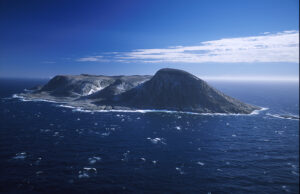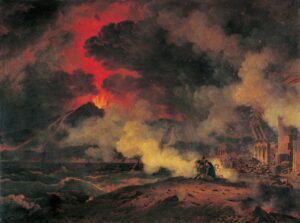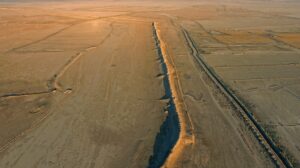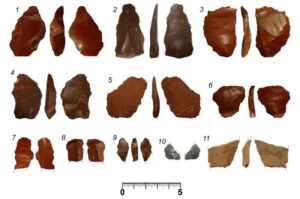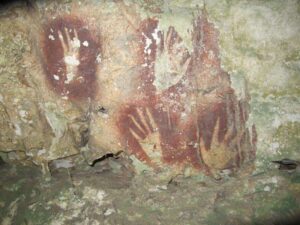Archaeologists think they have identified the ship that took Vasco da Gama on his final journey into the Indian Ocean. Initially discovered in 2013, researchers believe the wreck off the coast of Kenya is da Gama’s 16th-century Sao Jorge.
The Portuguese explorer took a pioneering route from Europe into the Indian Ocean. He was the first person to link Europe and Africa via the ocean and the first to sail around the Cape of Good Hope, the southernmost tip of Africa. This was the starting point for Portuguese trade in the Indian Ocean.
Da Gama made four journeys to the Indian Ocean throughout his life. The last, in 1524, featured an armada of 20 ships, including the Sao Jorge.

Photo: Filipe Castro
Just six meters deep
The Sao Jorge sank later that year, shortly before da Gama died. If the researchers are correct, then this is one of the earliest European shipwrecks in the Indian Ocean. When originally discovered in 2013 just six meters below the surface, divers found copper ingots and elephant tusks around the submerged ship, as well as timbers from its hull.
“The provisional dates of the artifacts point to a shipwreck on the outward journey to India and a shipwreck date in the first quarter of the sixteenth century,” the researchers said in a statement.
To confirm that it is da Gama’s ship, the team will now carry out archaeological surveys of the nearby coral reefs. These stretch 25 kilometers from the beach resort town of Malindi, where the wreckage lies, to a cape called Ras Ngomeni.
Filipe Castro, a nautical archaeologist leading the study, admits that they still aren’t sure if the wreckage belongs to the Sao Jorge, but if so, “it is a treasure.”

Photo: Filipe Castro
There are several Portuguese shipwrecks from the same time period around Malindi. In the early 1500s Portugal started creating galleons — ships that could be used both in war and for exploration of the Indian and Pacific Oceans. Each had three or four masts and could be fitted with artillery in several places. The design was copied across Europe and “changed the history of European expansion,” said Castro.
